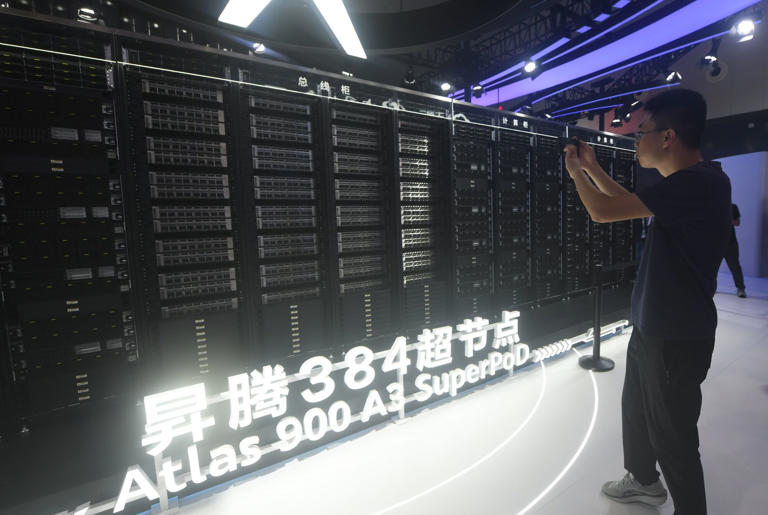Huawei has announced a major initiative to release four new iterations of its Ascend AI chip over the next three years, signaling an aggressive push into the global artificial intelligence (AI) hardware market. The move positions Huawei to compete with industry leaders like Nvidia and AMD in powering AI applications across multiple sectors.
High-Performance AI Processing
The Ascend chips are engineered to handle demanding AI workloads, including machine learning, data analytics, and cloud computing. With each new iteration, Huawei aims to improve processing speed, efficiency, and scalability, enhancing the Ascend series’ capability to support complex AI infrastructure.
Strategic Implications
Industry analysts highlight that Huawei’s expansion comes amid growing global demand for AI hardware, driven by applications in autonomous vehicles, robotics, and cloud-based AI services. By increasing its chip portfolio, Huawei seeks to reduce reliance on foreign technology and strengthen its competitive position in both domestic and international markets.
Shaping the Future of AI Computing
Huawei’s roadmap reflects a broader trend of technology firms investing heavily in AI hardware, recognizing its crucial role in next-generation innovations. The Ascend series is expected to become a key player in the evolving AI computing landscape, challenging established leaders and driving new advancements in performance and scalability.

